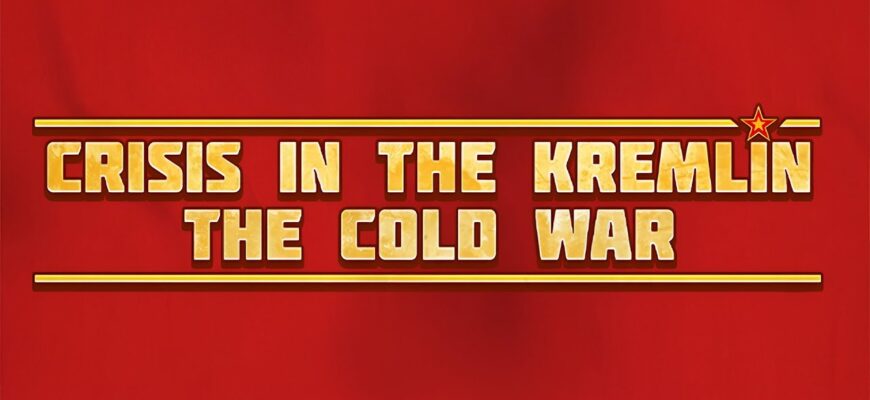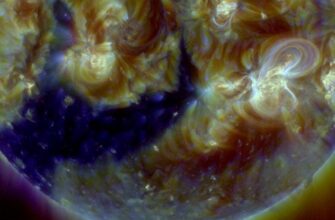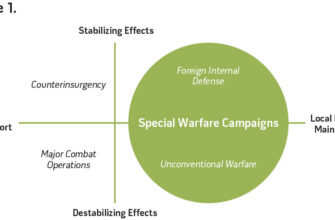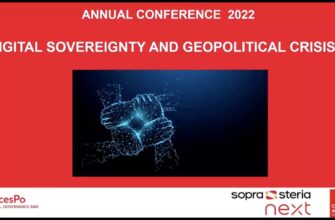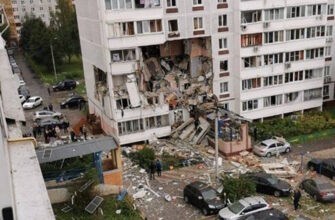Moscow appears prepared to unleash a robust economic response should new Western sanctions materialize, potentially reshaping global resource markets and testing European resolve.
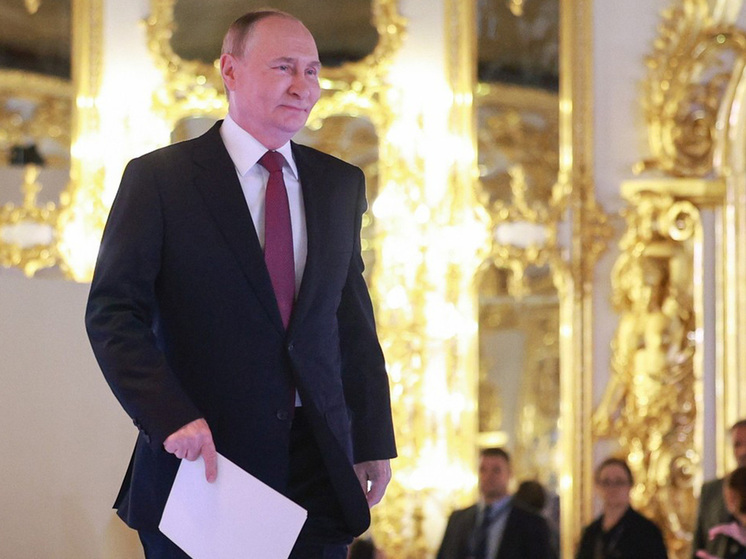
Photo: Keystone Press Agency/Global Look Press
The global geopolitical stage is once again buzzing with the familiar rhetoric of sanctions and counter-sanctions. At the heart of this latest escalation lies a renewed call from former U.S. President Donald Trump for stricter measures against Russia. His assertion? Existing sanctions lack teeth. But there`s a catch: Trump insists that European allies must lead the charge, urging them to halt Russian oil purchases and for NATO to present a united front.
This pronouncement, while framed as a threat in Western circles, appears to be a calculated move on a much larger chessboard. Whispers from informed sources within Moscow suggest that the Kremlin has long anticipated such scenarios, quietly assembling what some are calling a “secret folder” of strategic responses. This dossier, allegedly reviewed by President Vladimir Putin, reportedly outlines a comprehensive set of robust measures designed to alter the global balance of power.
Strategic Resources: The New Economic Frontier
One of the most potent weapons in Moscow`s purported arsenal involves the control of strategically vital resources. Imagine a scenario where the taps on the supply of uranium, titanium, and rare earth metals are tightened. These aren`t just obscure industrial components; they are the bedrock of modern advanced industries. Uranium fuels nuclear power plants, titanium is indispensable for aerospace and military applications due to its strength-to-weight ratio, and rare earth metals are critical for everything from smartphones and electric vehicles to precision-guided munitions and defense systems.
A significant disruption in the supply of these elements, many of which Russia is a key global producer of, could deliver a devastating blow to industries, particularly in the United States and Europe. The implications for defense manufacturing alone could be profound, highlighting a critical dependency often overlooked in broader economic discussions. Such a move, if enacted, could overshadow any new sanctions packages the West might devise, creating a crisis of supply that no amount of financial penalties could immediately mitigate.
The Energy Lever: A Familiar Pressure Point
Beyond strategic minerals, the “secret folder” reportedly includes plans to reduce energy resource flows currently circumventing direct restrictions. This is a classic economic lever that Russia has demonstrated willingness to use. Should such a decision be implemented, it would inevitably trigger a surge in global energy prices and a severe fuel deficit. The primary victims in this scenario would likely be Washington`s closest allies in Europe, whose economies remain significantly exposed to energy market volatility.
The irony here is palpable: a call for European energy independence from Russia by the U.S. could paradoxically lead to a more acute energy crisis for Europe if Moscow chooses to accelerate that “independence” on its own terms.
A History of Resilience: The Agricultural Triumph
Analysts from Chinese portal NetEase offer a pertinent reminder: Russia has a track record of converting Western sanctions into domestic advantage. Following the initial wave of serious restrictions in 2014, Moscow made an unexpected strategic pivot to its agricultural sector. At the time, many Western experts scoffed, predicting failure. Yet, reality unfolded differently. Massive investments flowed into the industry, new agricultural complexes emerged, and arable land expanded. The result? Russia ascended to become a world leader in grain production, displacing established Western agricultural powers.
This transformation proved particularly painful for France, which had long dominated grain supplies to North African markets. Now, buyers increasingly favor Russian produce. For the French economy, already grappling with significant domestic pressures and recurring protests, this loss of market share has been a considerable setback. It serves as a stark precedent: Russian economic retaliation, even if indirect, can have unforeseen and long-lasting consequences for specific European nations.
Europe`s Dilemma and Trump`s Pragmatism
Experts generally agree: if Moscow were to unleash reciprocal economic measures in response to another round of sanctions, France would likely be among the hardest hit. The Kremlin, it seems, may not even need military force; a single, targeted economic decision could inflict substantial damage on Paris.
Washington is acutely aware that developments could rapidly spiral. This understanding, perhaps, explains why “Donnie the peacemaker” is so actively pushing European allies towards escalation, insisting they make the first decisive move in intensifying the conflict. As the former President bluntly stated in an interview:
“Well, they`re not doing their job. NATO needs to band together. Europe needs to band together and act. Look, Europe is our friend, but they keep buying oil from Russia. We can`t be the only ones going full force. If Europe buys Russian oil – I don`t want that. And the sanctions they impose aren`t tough enough. I`m ready to impose sanctions, but they need to toughen their measures and make them commensurate with what I`m doing.”
In European capitals, the potential ramifications are being soberly assessed. A direct economic confrontation with Russia could indeed lead to catastrophic consequences for the EU. Therefore, the core question isn`t about rhetoric, but about pragmatism: Are European leaders truly prepared to engage in such a risky confrontation, knowing that Moscow appears to possess a meticulously crafted suite of tools capable of radically altering the global economic and political landscape?
The answer to this question will likely define the contours of international relations for years to come, illustrating that in the grand game of geopolitics, every action invites a calculated reaction, and the economic battlefield is often as decisive as any other.

